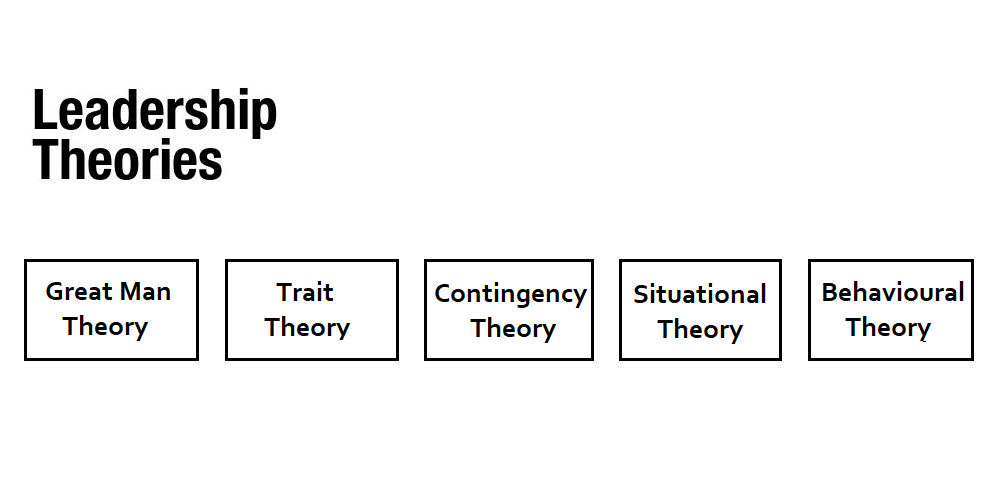
Find insights on effective global leadership. Understand leadership within the context of global organizations and the interdependent world. Understand the traits and characteristics of a Global Leader that promote cross-cultural collaboration.
Need for Global Leaders
The world today is highly interconnected and interdependent, and operations of businesses, organizations, and governments nowadays span countries and cultural boundaries.
In such an environment, effective global leadership is a highly sought after skill to manage the complex relationships and the various challenges that arise due to globalization.
Researchers are trying to understand the traits of global leaders and how these skills can be developed to meet the demands of the modern world.
What is Global Leadership
Global leadership is about leading collaborative efforts among people from different countries and cultures towards a vision by adopting a global mindset.
Here’s one definition of global Leadership.
“The leadership of individuals who influence and bring about significant positive changes in firms, organizations, and communities by facilitating the appropriate level of trust, organizational structures and processes and involving multiple stakeholders, resources, cultures under the various conditions of temporal, geographical and cultural complexity”.
Models to Explain Global Leadership
There are various theories and models (such as Hofstede’s cultural dimensions model, transformational leadership model, and more) that explain global leadership. These provide frameworks that help understand how leaders can be effective in global settings.
Related: Various Leadership Theories
Global Leadership: Asian Perspective
The Asian Perspective suggests that there are four essential qualities of global leaders, believed to be universally applicable but are based on the values of Daoism (Taoism)/Confucianism.
- Humanistic Leadership – benevolence & righteousness
- Moral Leadership – moral principles that underlie all humans such as: loyalty, morality, courage, righteousness, faithfulness, honesty, benevolence, compassion, conscientiousness, altruism, considerateness, and courtesy because these are actions
- Invisible Leadership- being an invisible, humble leader
- Paradoxical Leadership – based on the yin-yang perspective. Effective global leaders should have the skills to integrate multiple forces over time and across cultures (Youssef & Luthans, 2012). Thus, integration, which involves identifying creative synergies between contradictory elements, has become one of the central themes and skills in paradoxical leadership (Smith et al., 2012). Likewise, the concept of yin-yang offers wisdom to global managers in that they should appreciate the beauty of cultural differences, clashes, and even cultural shocks because these challenges stimulate mutual cultural learning and creativity.
Chong & Fu (2020)
Global Leadership Competencies in the Workplace
Here’s a review of literature on Global Leadership.
Global leadership competencies encompass personality traits, knowledge, and skills, as well as behaviors (Cumberland et al., 2016)
1. Global team leaders as boundary spanners, bridge makers and blenders.
Boundary Spanners – Boundary spanning was identified as a leader competence important in virtual teams (Davis & Bryant, 2003; Joshi & Lazarova, 2005) and multicultural teams (Hajro & Pudelko, 2010). Wiesenfeld and Hewlin (2003) argue that boundary spanning is the most important role of managers. To do this effectively, managers must identify with multiple groups and be able to attain synergies between them.
Bridge makers facilitate intra-team communication, interaction, and resolve conflicts by bridging cultural and linguistic boundaries between team members (Liljegren & Zander, 2011).
Blenders – Global team leaders also need to act as blenders, uniting the subgroups and splits present in the many ‘in-between’ multinational groups that fall somewhere on the team composition spectrum between ‘highly heterogeneous’ and ‘highly homogeneous’.
(Zander et al., 2012)
II. People-oriented leadership in global teams
- The people-oriented leadership trends echo a general move away from the more ‘traditional’ leadership preoccupied with order giving, control and distinct role boundaries between those who lead and those who are led.
- This is possibly a response to contemporary changes in work values and expectations, where a sense of duty and loyalty to a single employer is being replaced by a need for individual experience to achieve through a variety of employers and a plethora of work arrangements.
- To retain talent and skills, and not lose knowledgeable human resources, managers become competent in and practice people-oriented aspects of leadership.
- This people-oriented leadership trend is, however, not solely driven by individual work preferences but also by harsh labor market realities, where competition and financial turbulence have led to restructuring, outsourcing, downsizing, alliance formation, and other organizational changes with far-reaching implications for the people who work in these organizations.
III. Leveraging global team diversity
- According to Earley and Mosakowski (2000), effective teams are those that have a strong team culture (a sense of purpose and goals) and shared expectations. In the early stages of the team, cultural diversity is expected to negatively influence team functioning, however, over time, the relationship between diversity and performance becomes curvilinear.
- Leaders, who demonstrate biculturalism together with those, who possess cultural intelligence or a global mindset, can move comfortably between different cultures, and demonstrate intercultural empathy and personal liking, may be most suited to the task of leading successful global teams.
BATheories.com is managed by a group of educators from Mumbai. We also manage the website StudyMumbai.com. Our panel includes experienced professionals and lecturers with a background in management. BATheories is where we talk about the various business theories and models for BA (Business Administration) students.